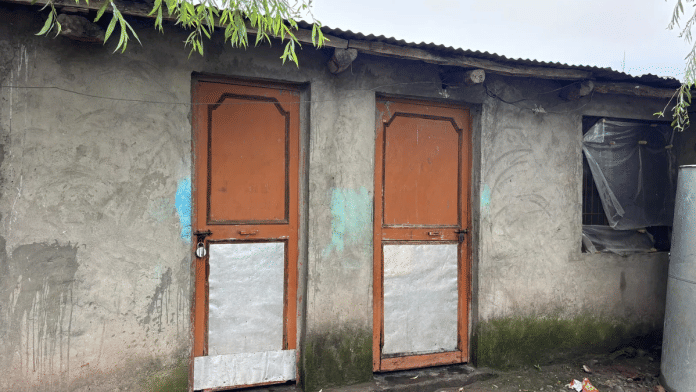New Delhi: Amid escalating tensions between India and Pakistan, the Jammu & Kashmir government has appointed senior IAS officers as “district mentors” to oversee emergency measures in case of any contingencies in the Union territory.
According to an order issued by the General Administration Department (GAD) Thursday, senior IAS officers posted in different positions in the secretariat have been assigned the sensitive districts of Jammu, Poonch, Kathua, Samba, Rajouri, Baramulla, Kupwara and Bandipora which often see cross-border shelling or infiltration by Pakistan due to their proximity to the Line of Control (LoC) or the International Border (IB).
Over and above the district magistrates, they will oversee rescue, medical emergency and other related work.
“This is a precautionary measure because no officer is responsible for this kind of evacuation, rescue, and rehabilitation work in normal course,” an officer from the Union territory said. “So, in case of any emergency, these officers will be responsible for rescue work in general.”
“Since this is a grave national security matter, it was felt that officers of seniority should handle sensitive border districts so they can also provide necessary guidance and support to DMs,” another officer from the UT said.
The decision comes in the midst of increasingly tense relations with Pakistan whose troops resorted to numerous ceasefire violations along the Line of Control (LoC) in Jammu & Kashmir, killing several civilians.
The defence ministry Thursday said military stations at Jammu, Pathankot and Udhampur were targeted by Pakistani-origin drones and missiles along the border in J&K the previous night. The threats were “swiftly neutralised using kinetic and non-kinetic capabilities”.
According to the J&K GAD order, the “district mentors” will have to visit the assigned districts as frequently as possible, review and ensure the security of vital and vulnerable installations, and guide the respective district administrations in ongoing relief, rescue and rehabilitation operations.
They will also ensure coordination between the army, police, civilian administration and other agencies. They have also been tasked with the responsibility of ensuring the availability of essential services like water, electricity, communication, road connectivity, food items, petrol, diesel, LPG, and resolving issues being faced by the respective district administrations.
Since there is a lot of anxiety in the population across the UT, the officers are also expected to ensure community engagement and morale management.
The officer quoted above said since these officers belong to the state secretariat, they would be able to ensure prompt coordination between the districts and the various departments of the secretariat, including the chief secretary if necessary.
(Edited by Ajeet Tiwari)
Also Read: Sirens, shelling & a morning of eerie silence: My longest night in Poonch in wake of Op Sindoor






